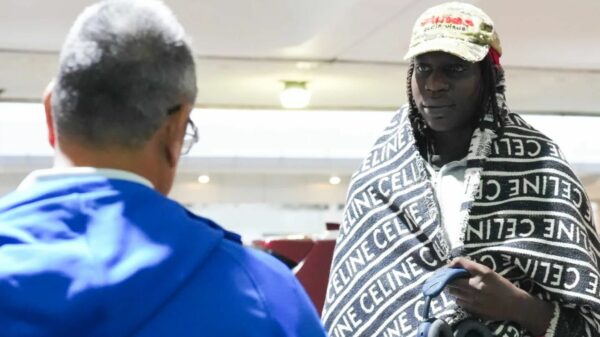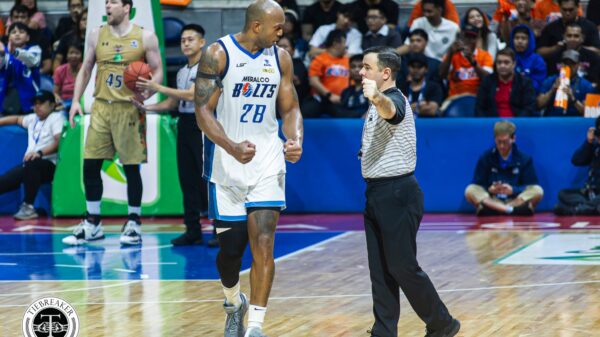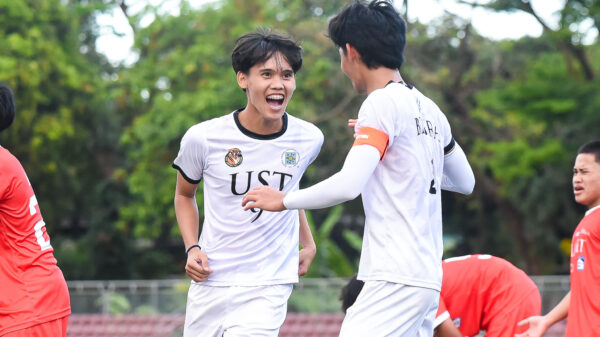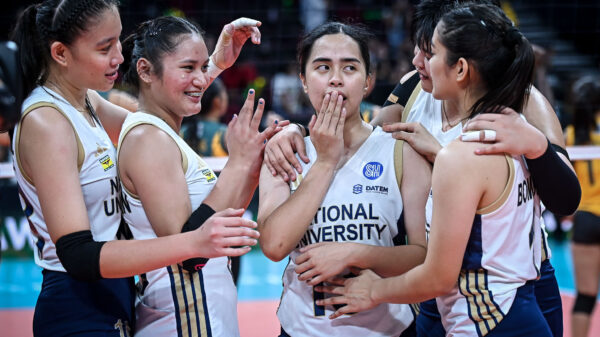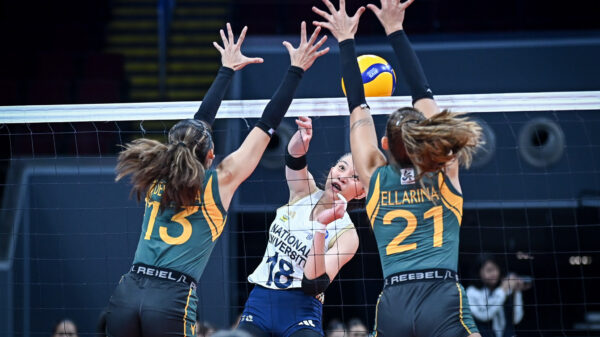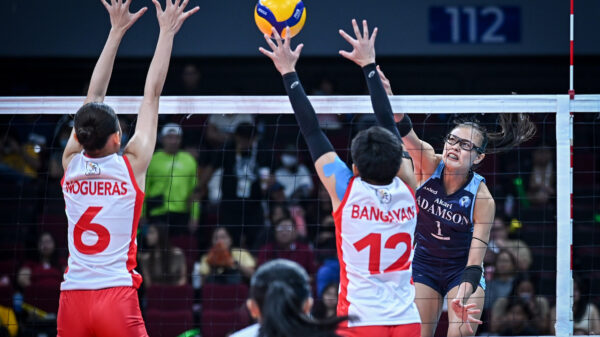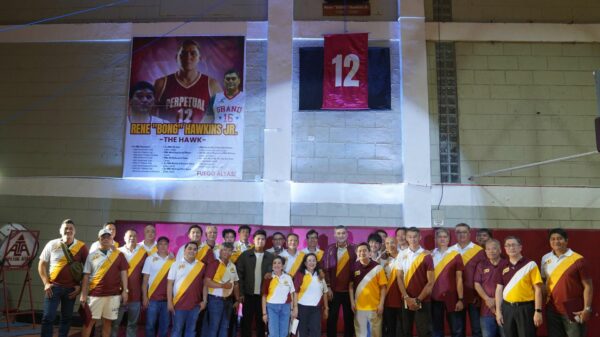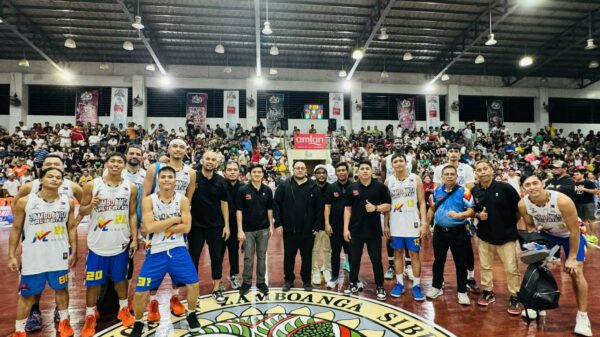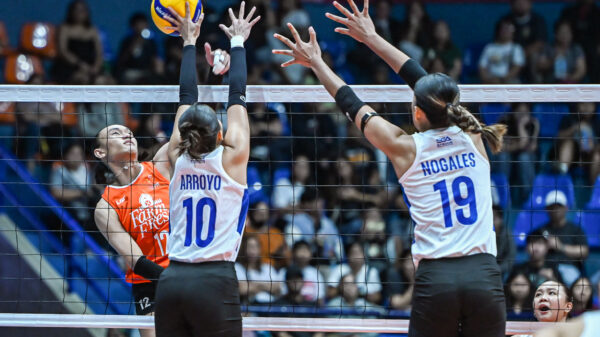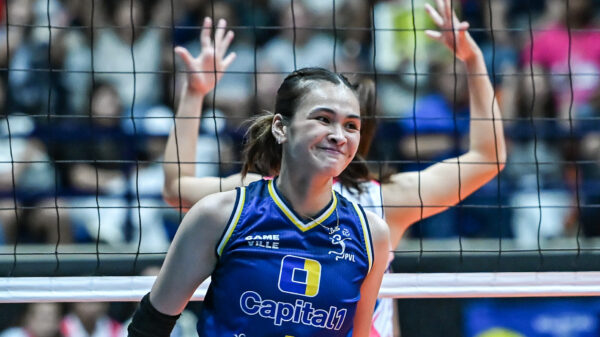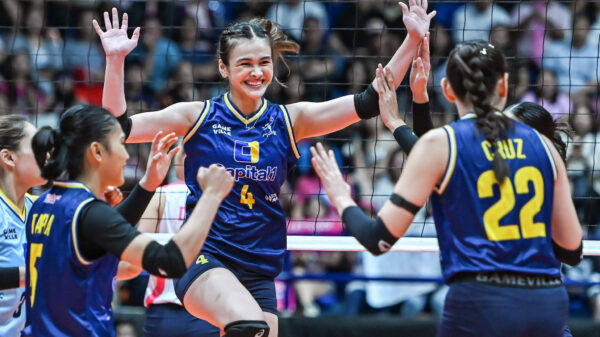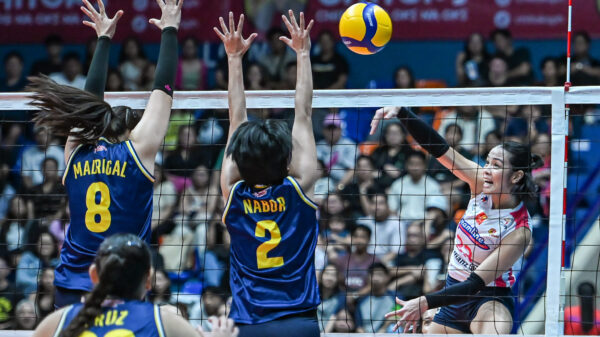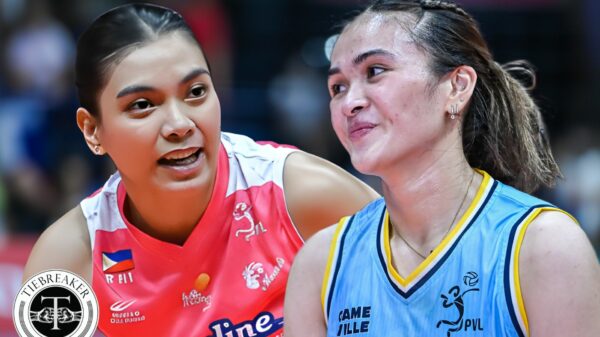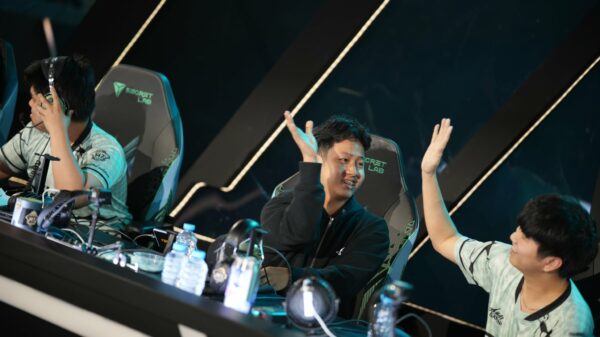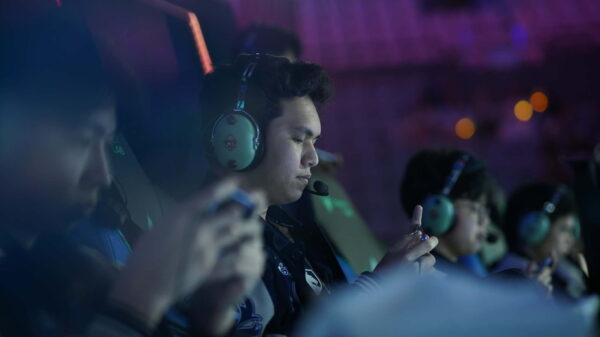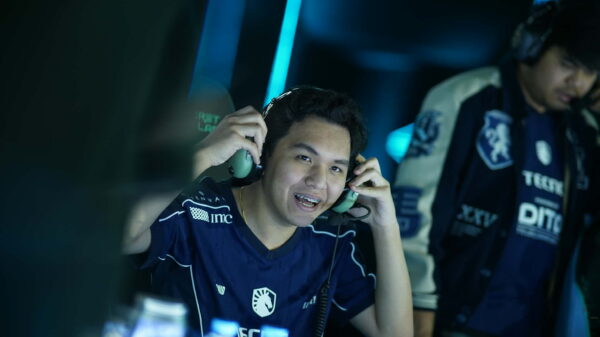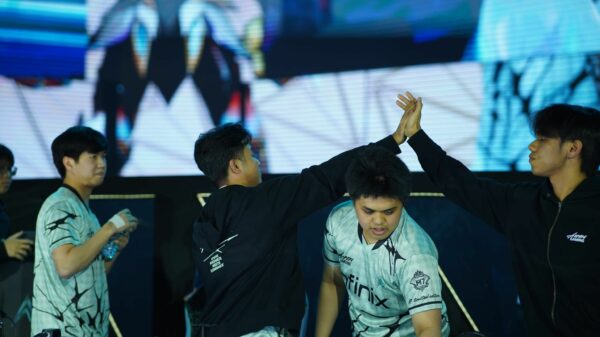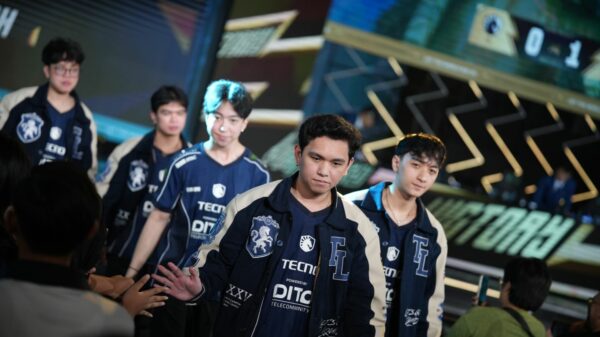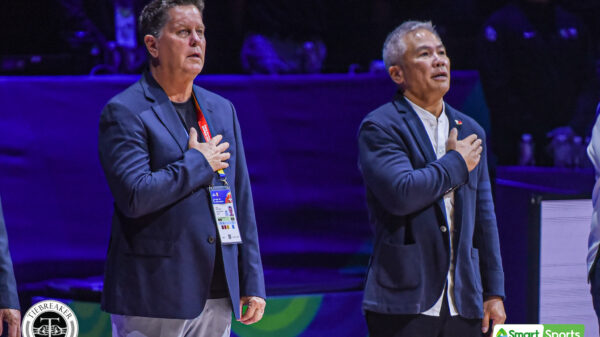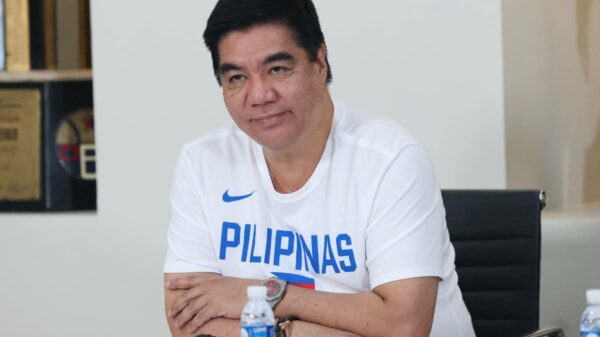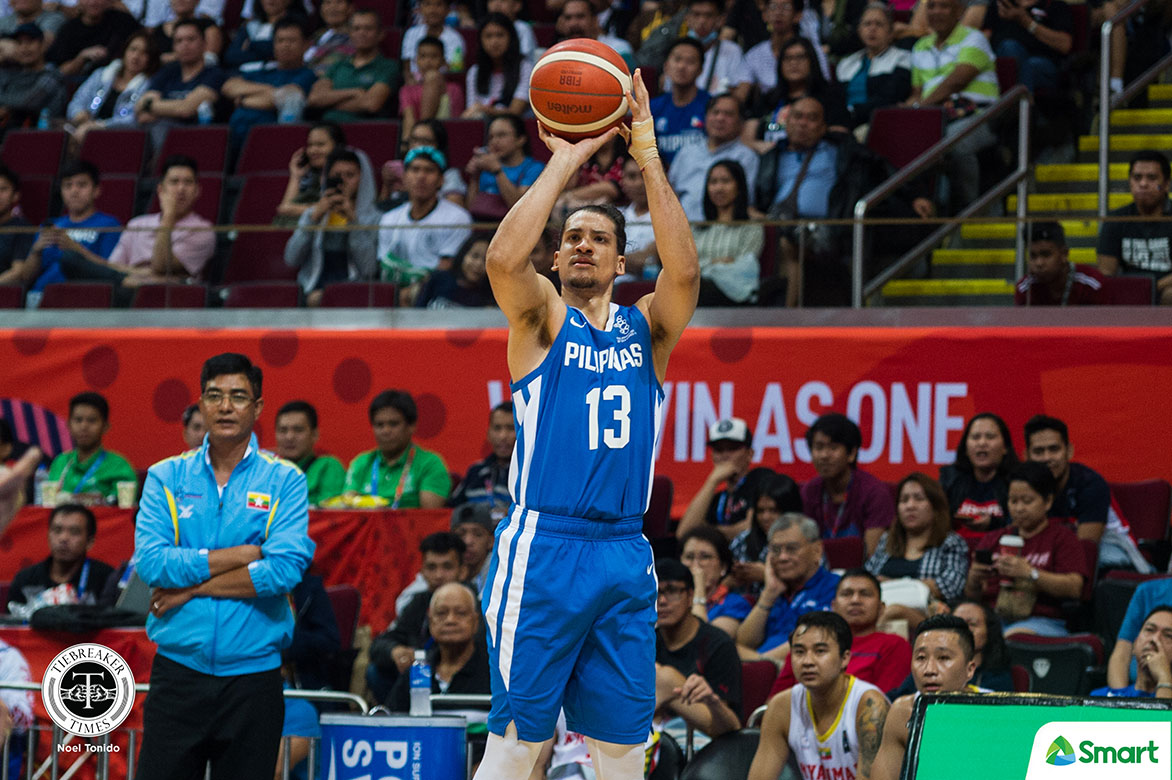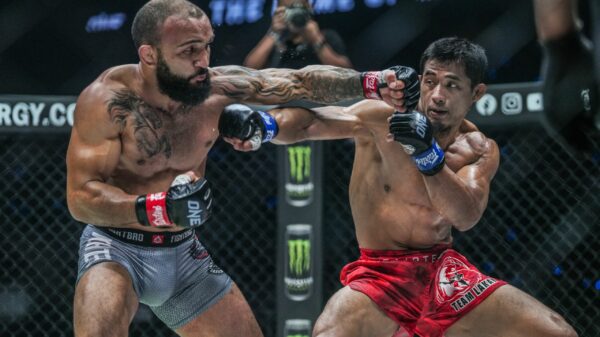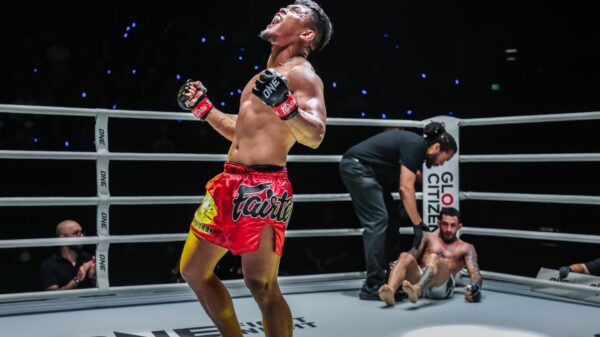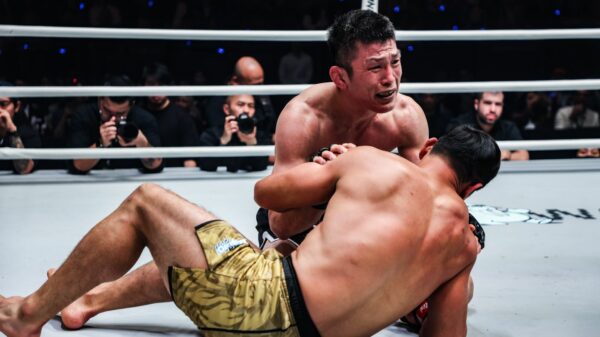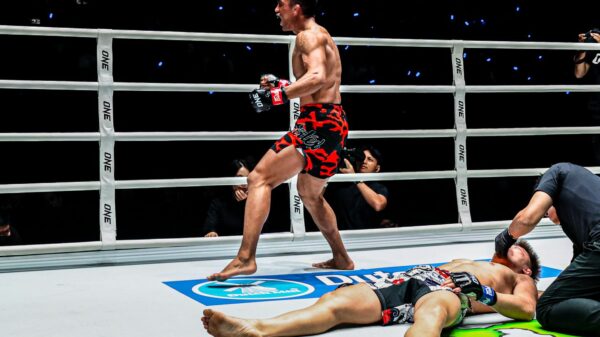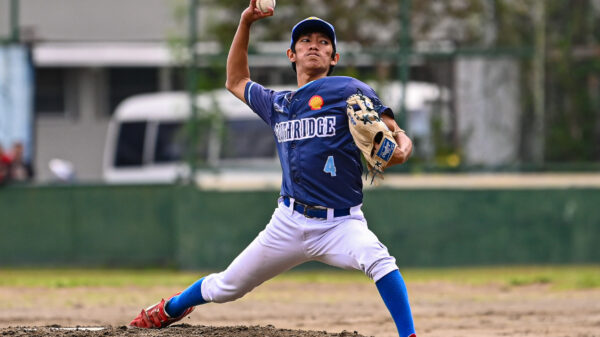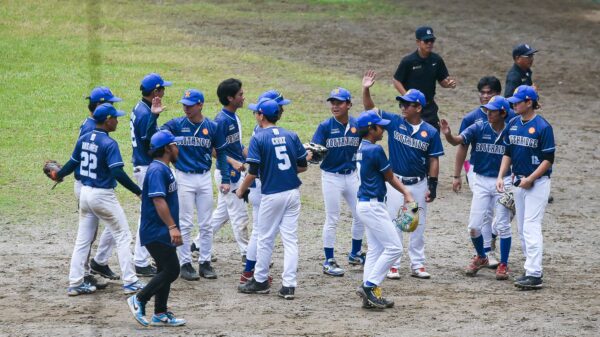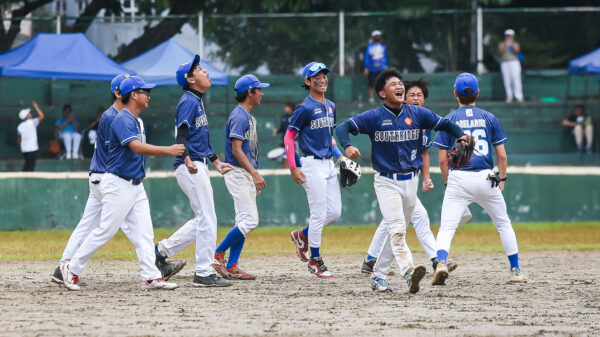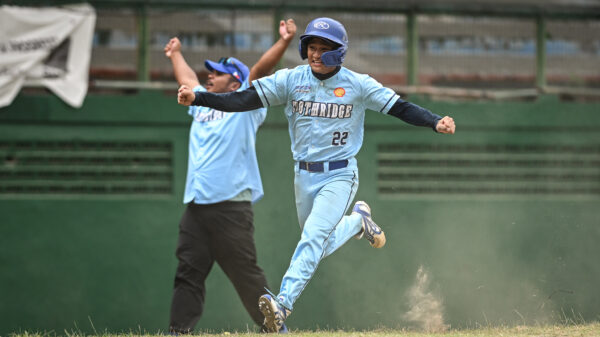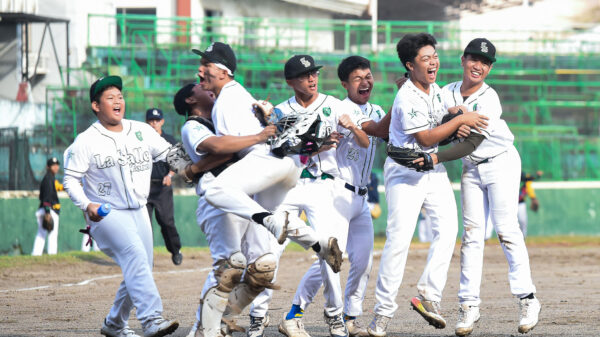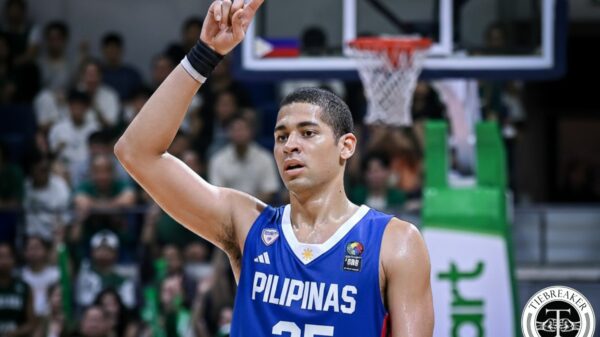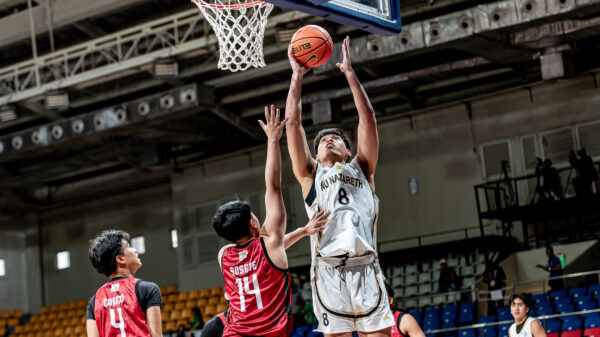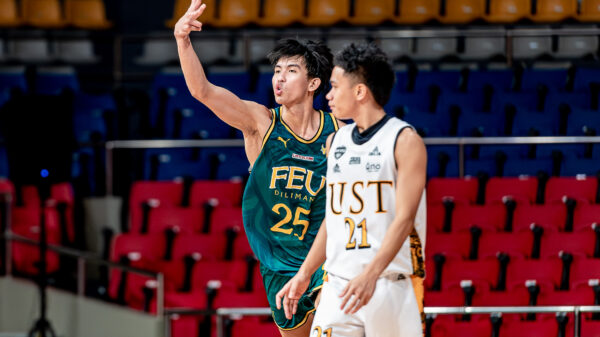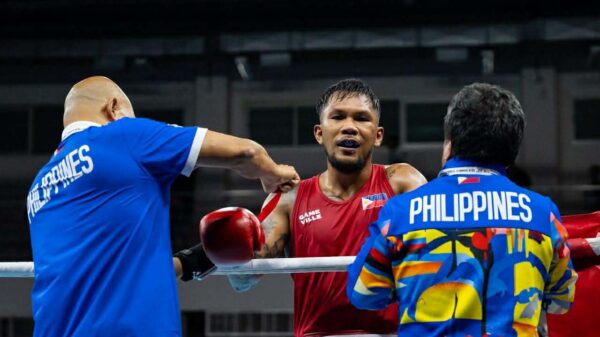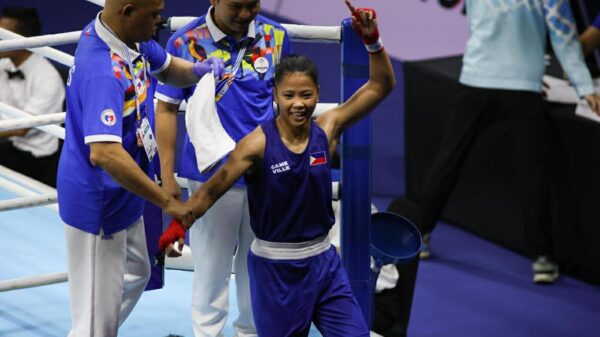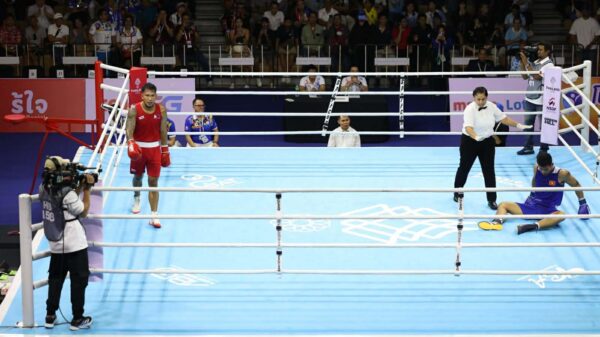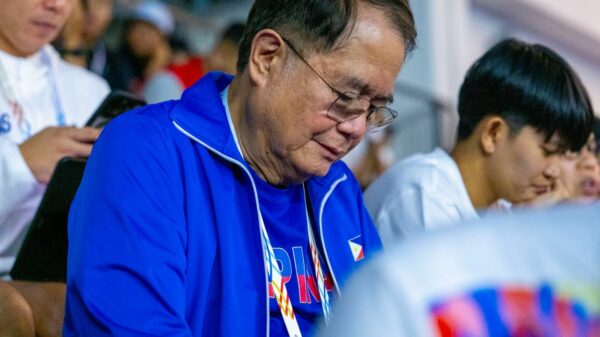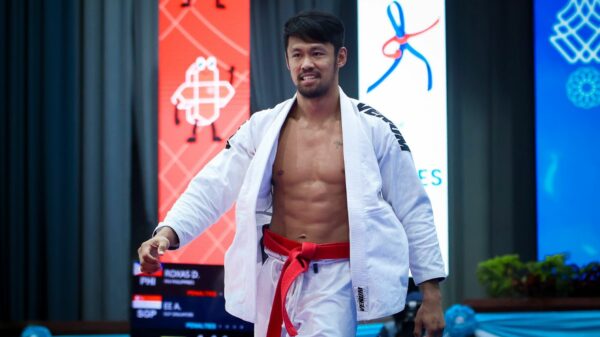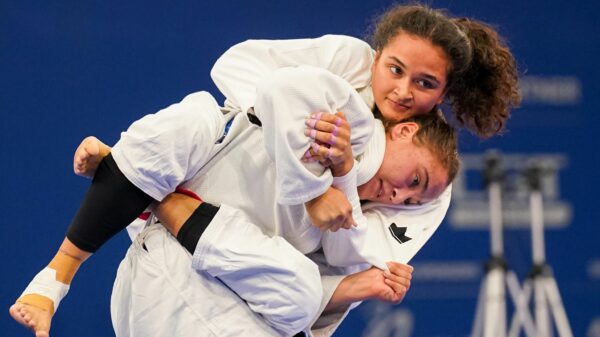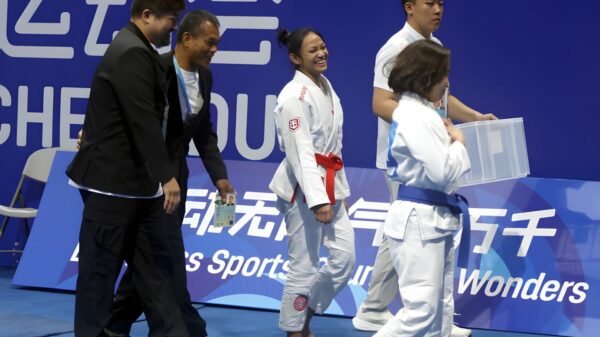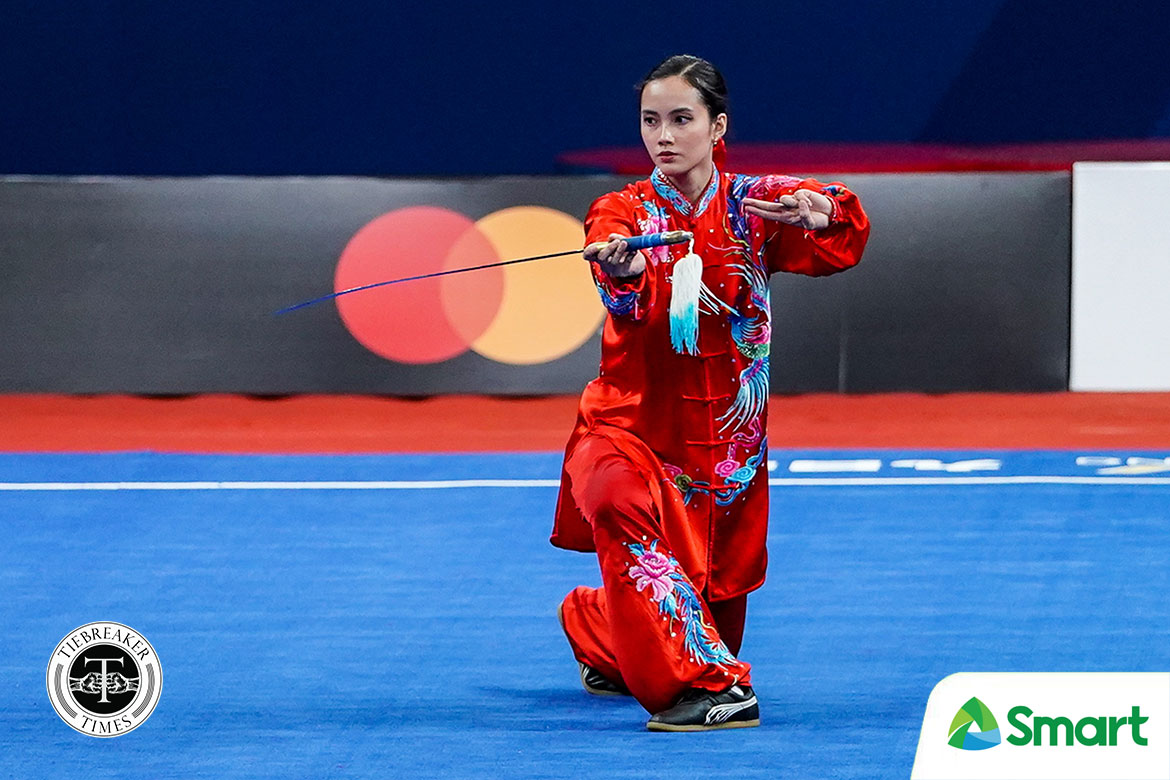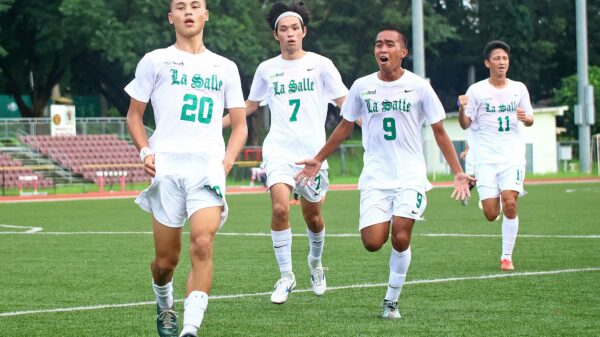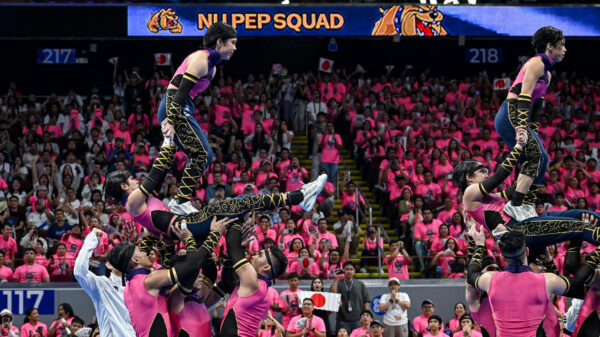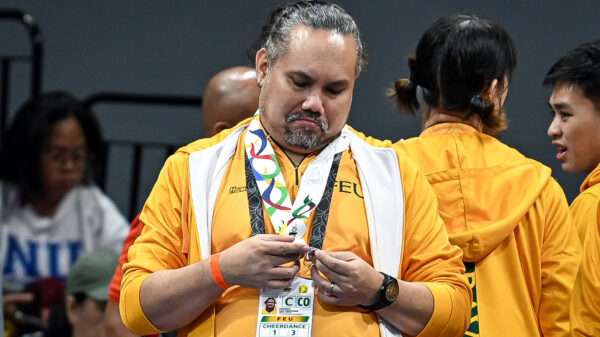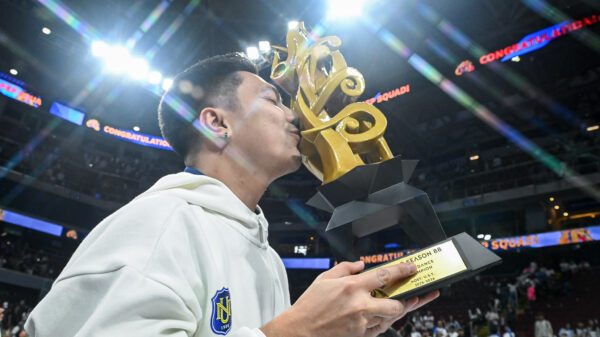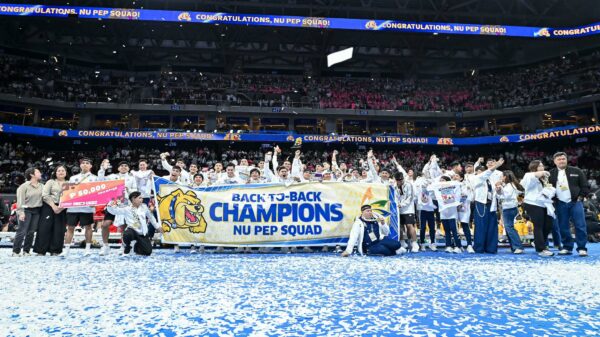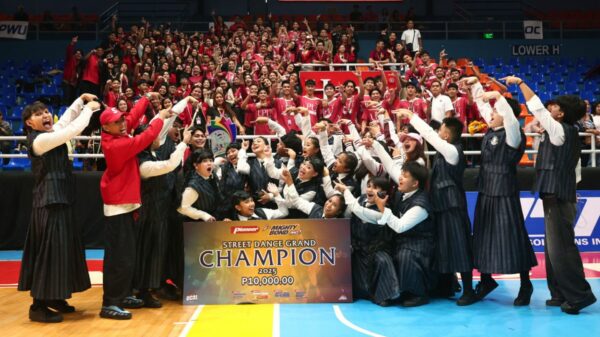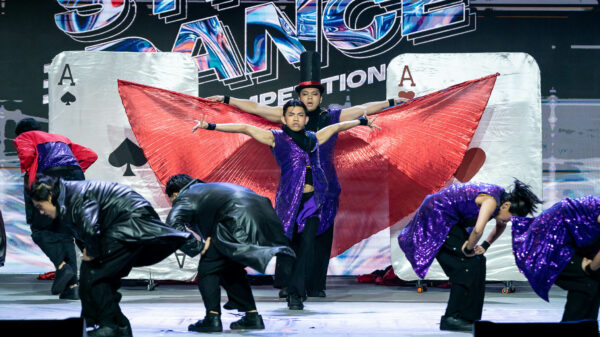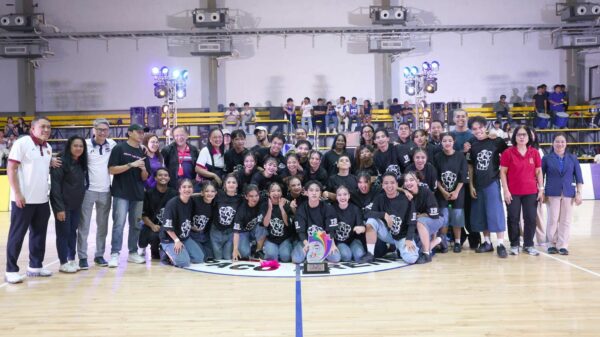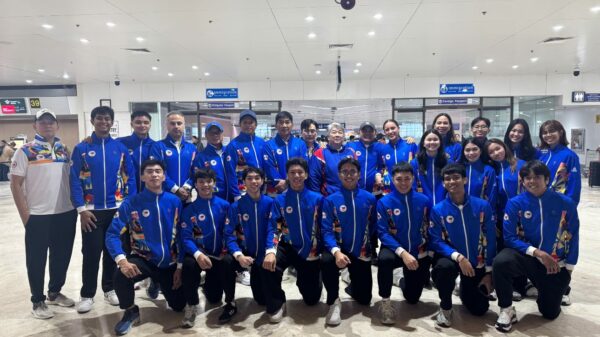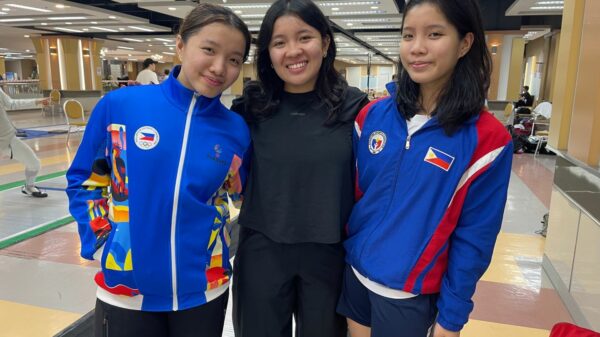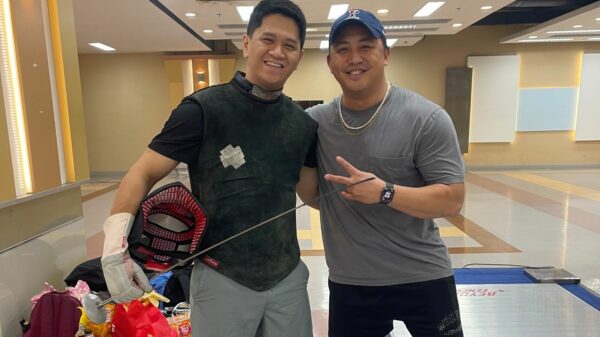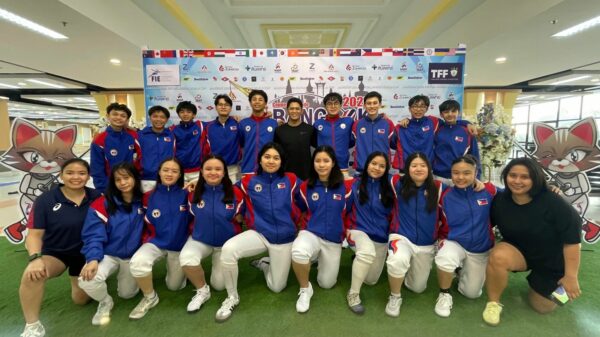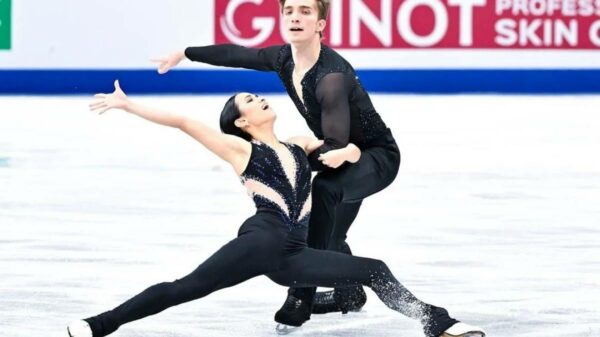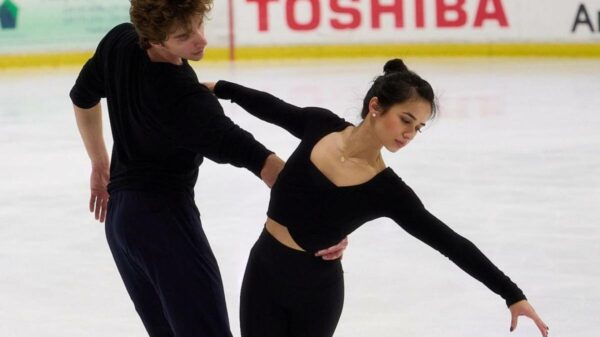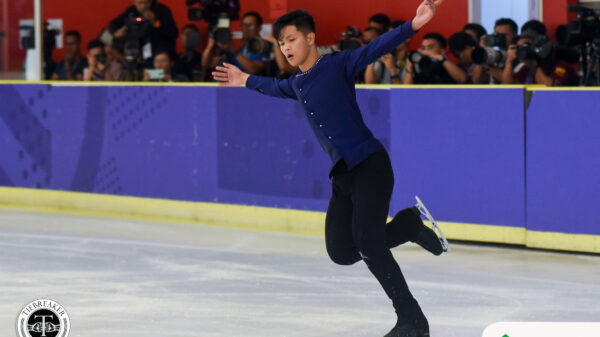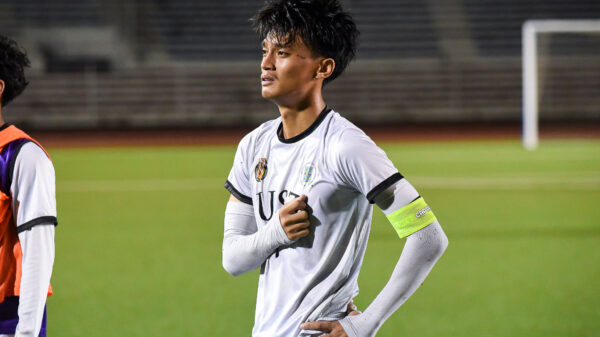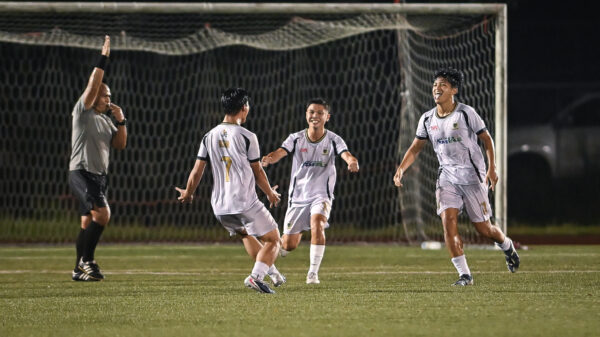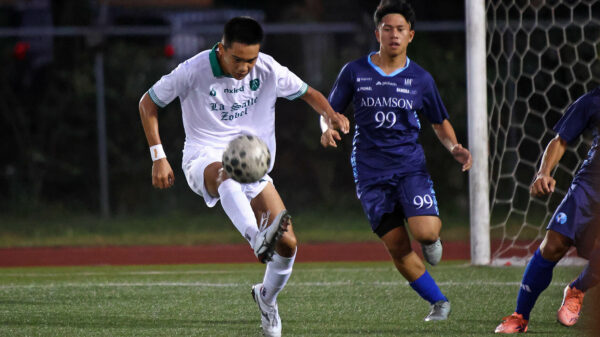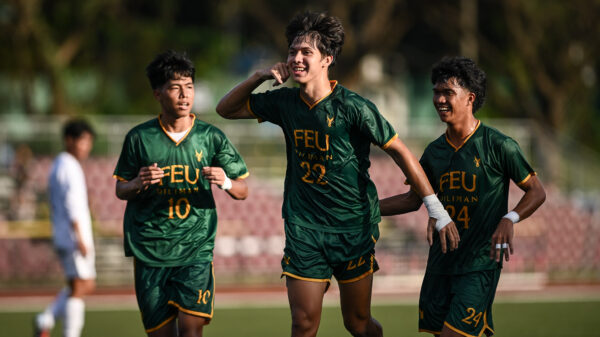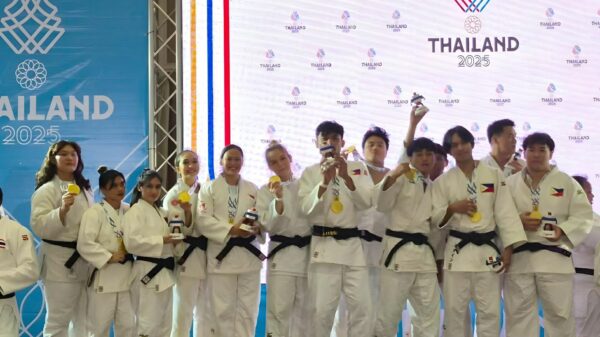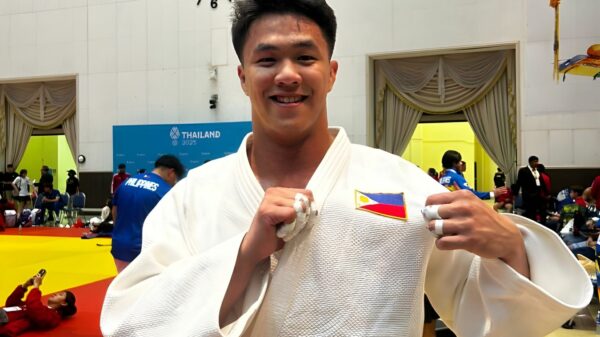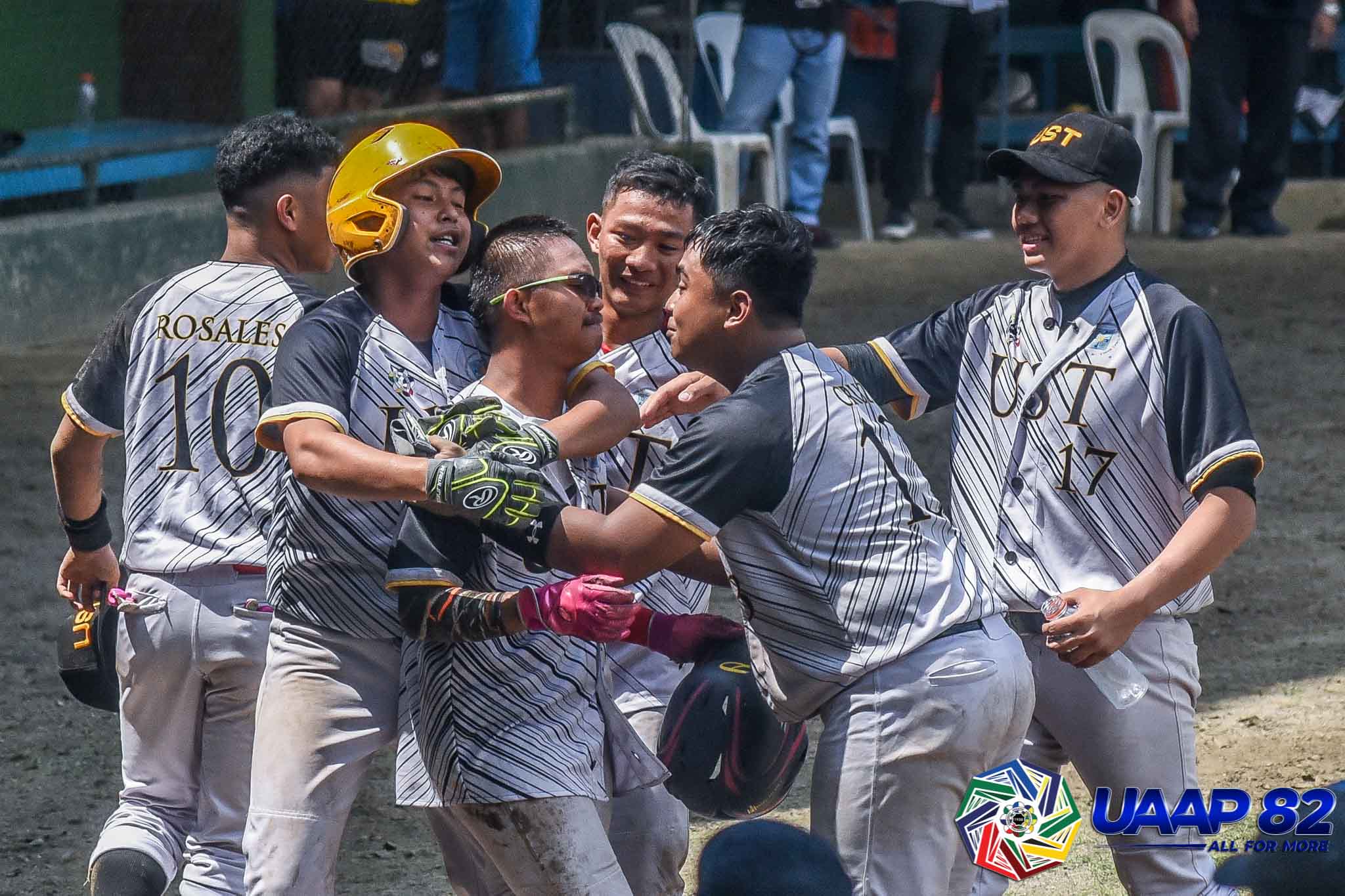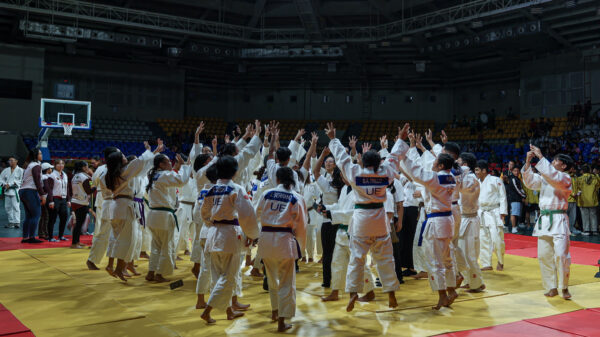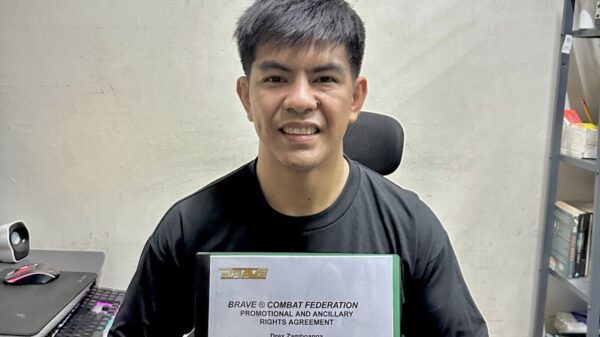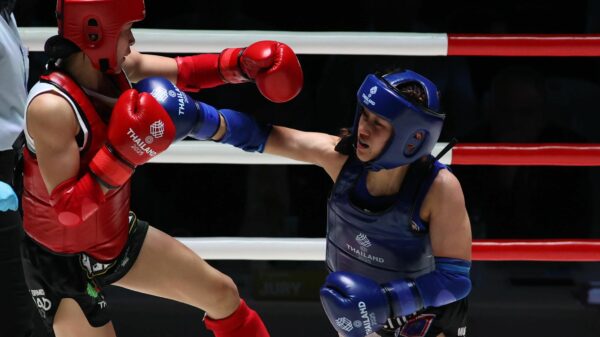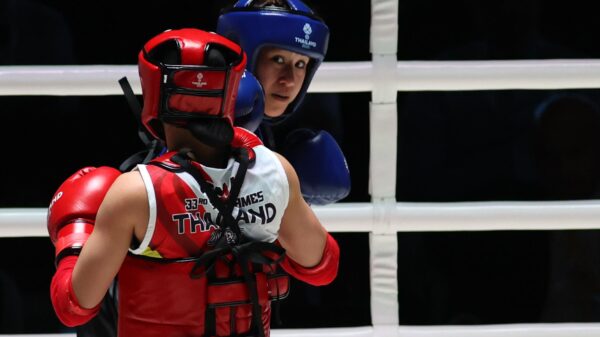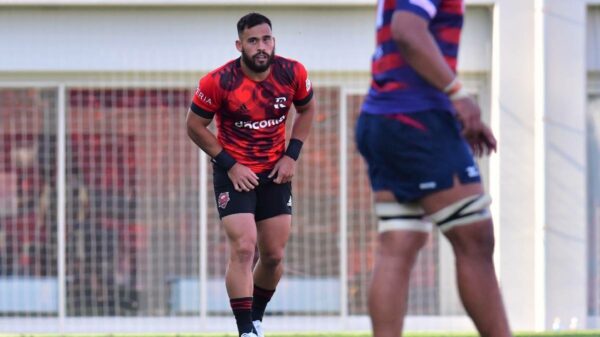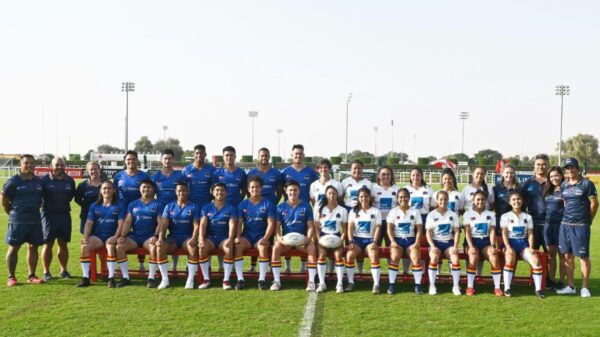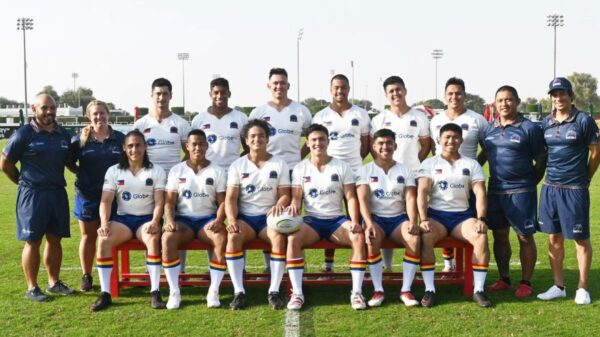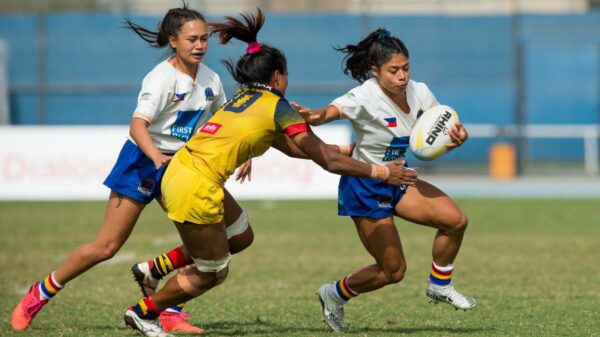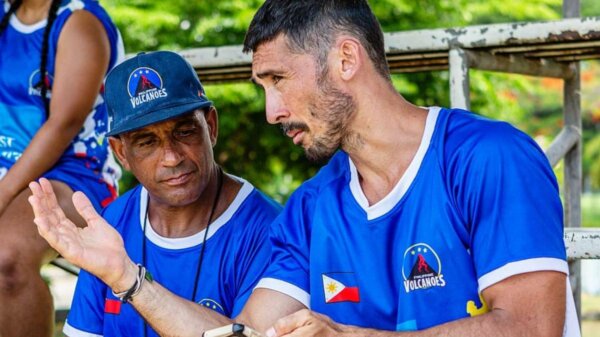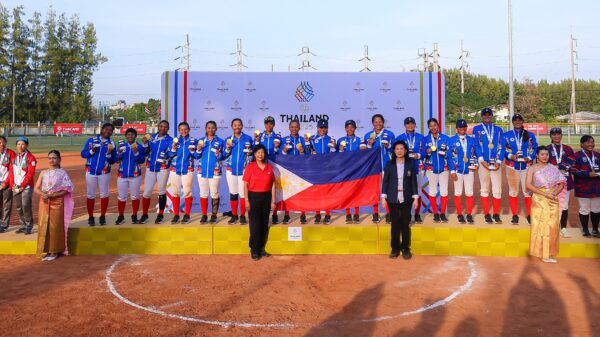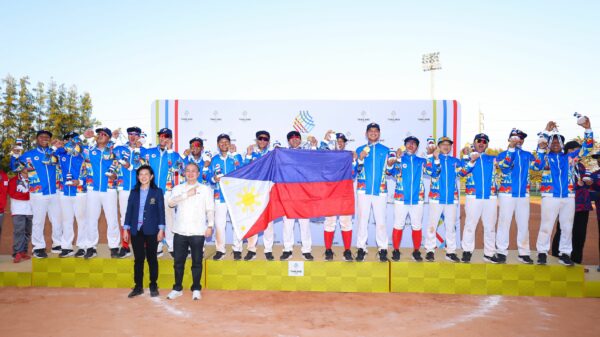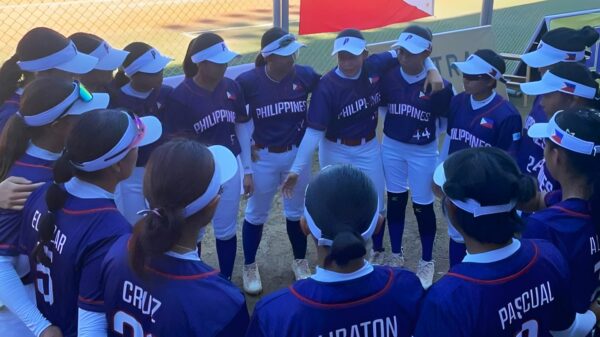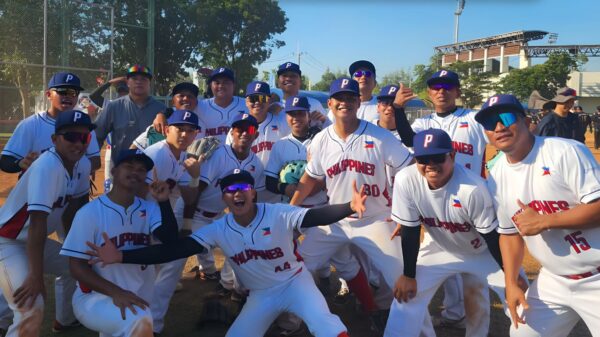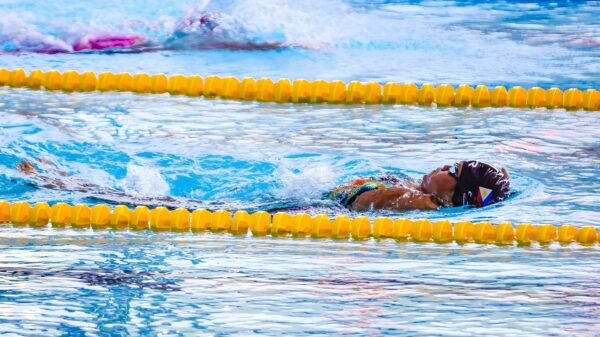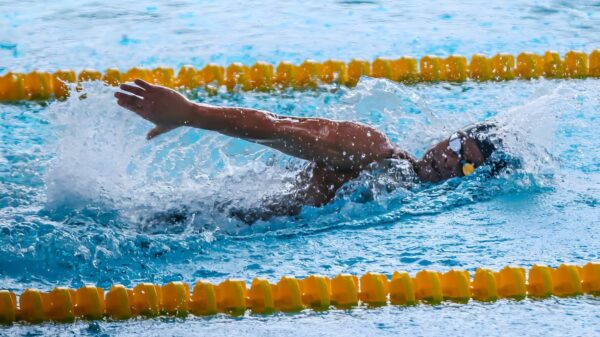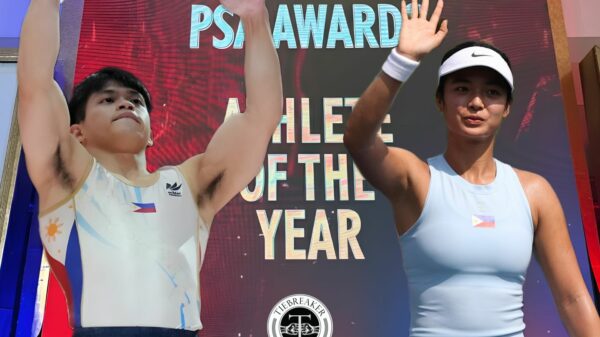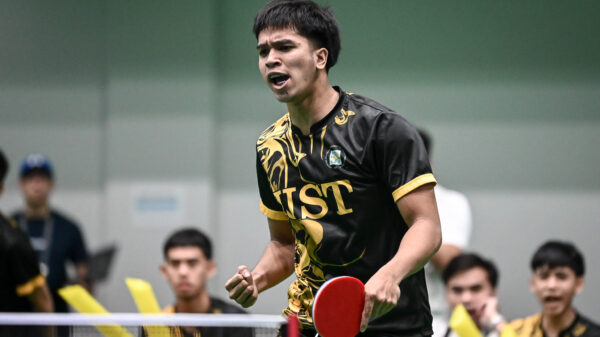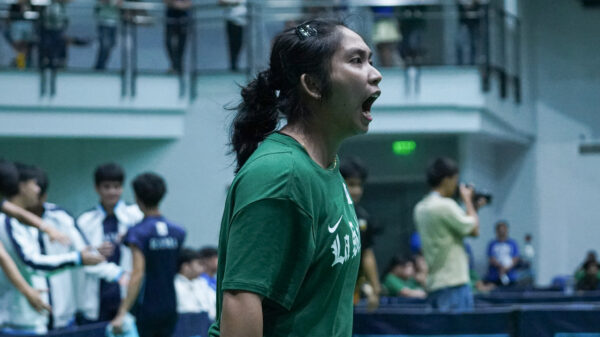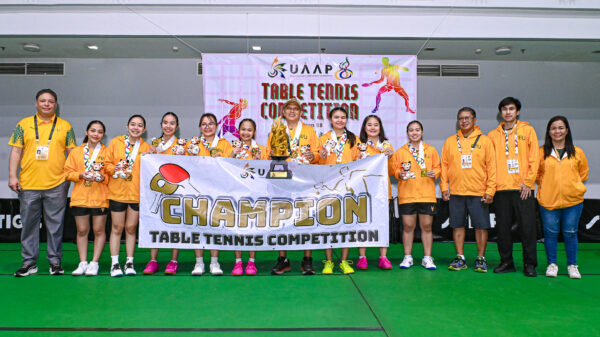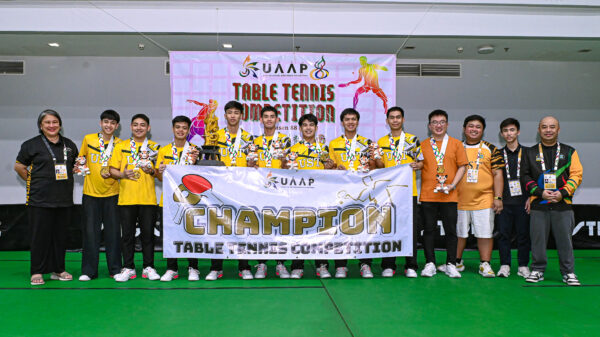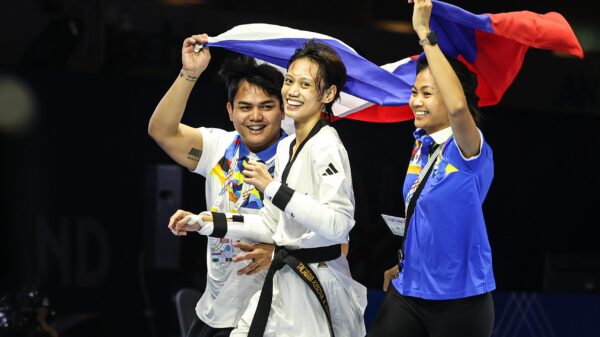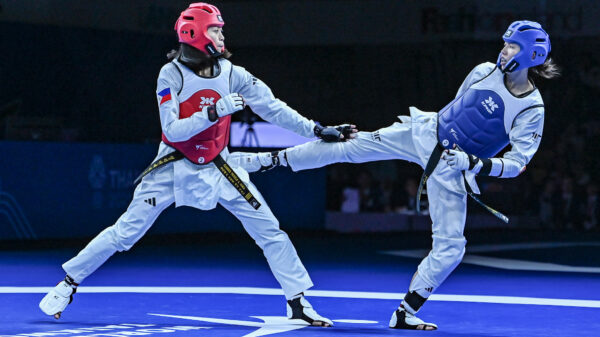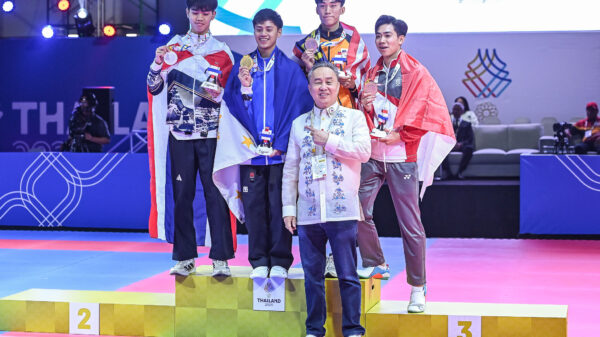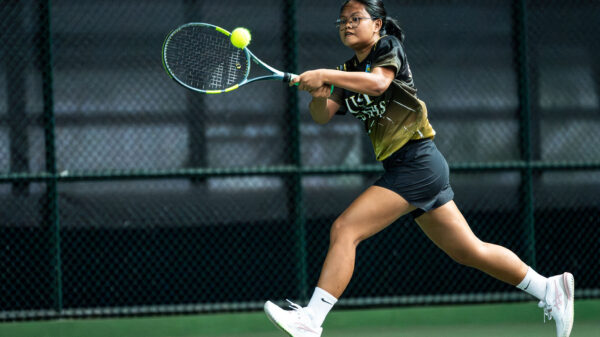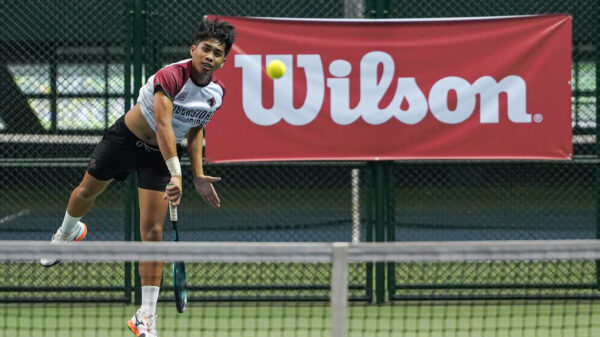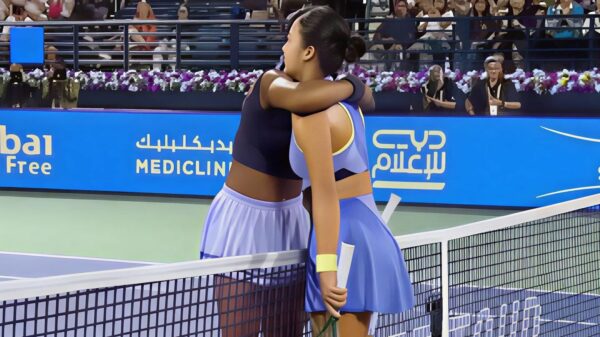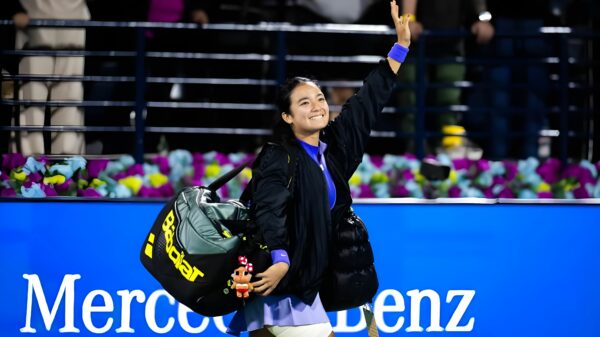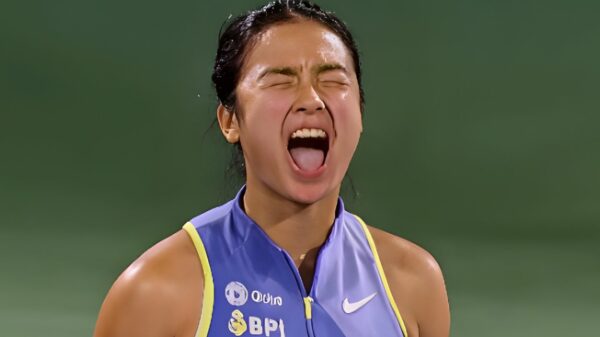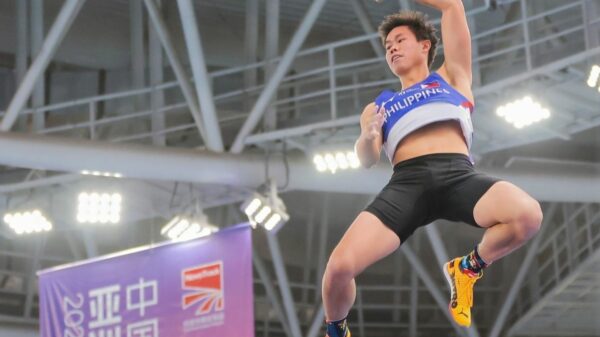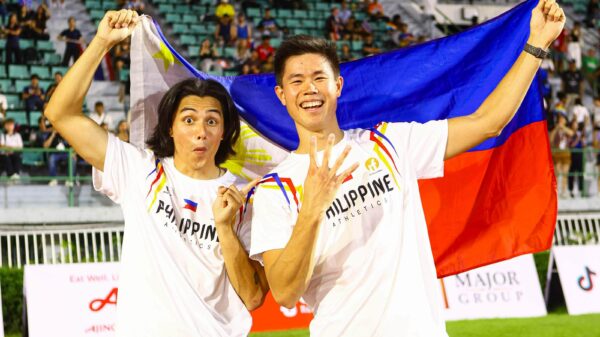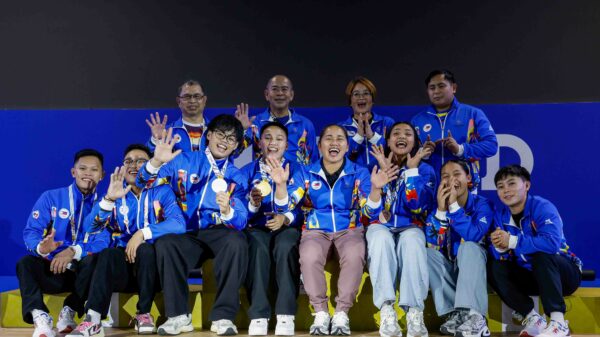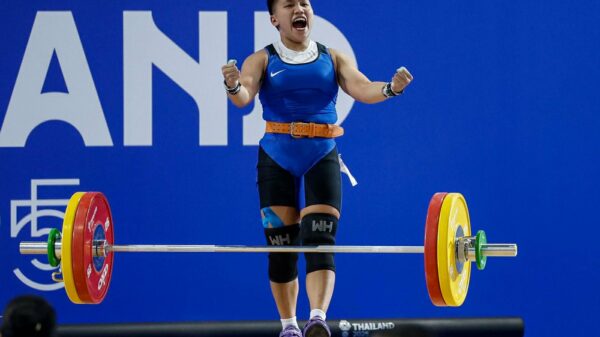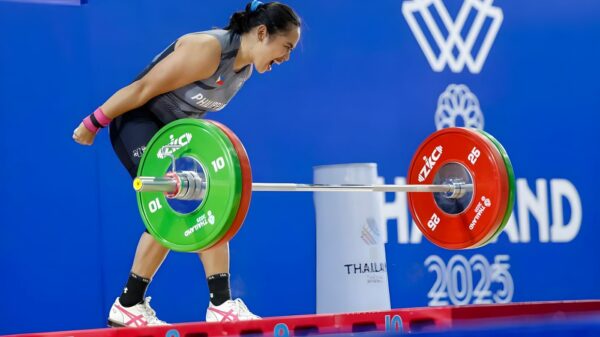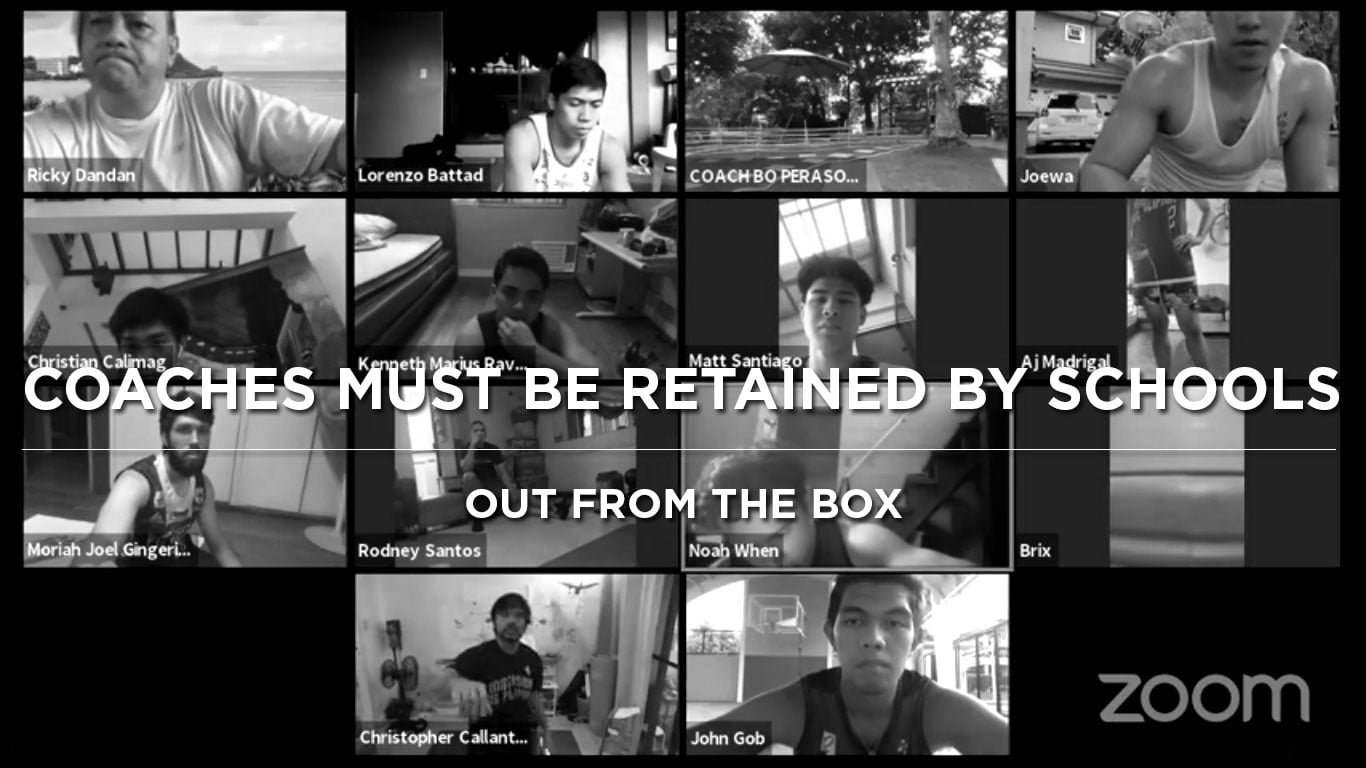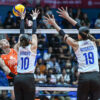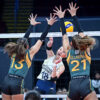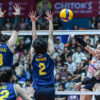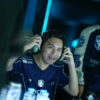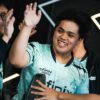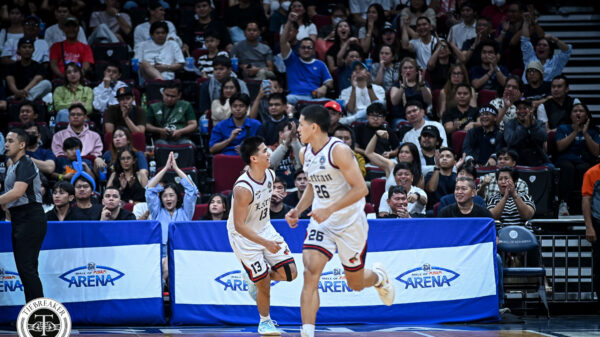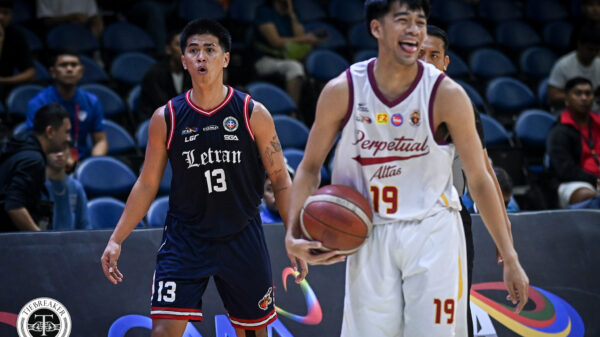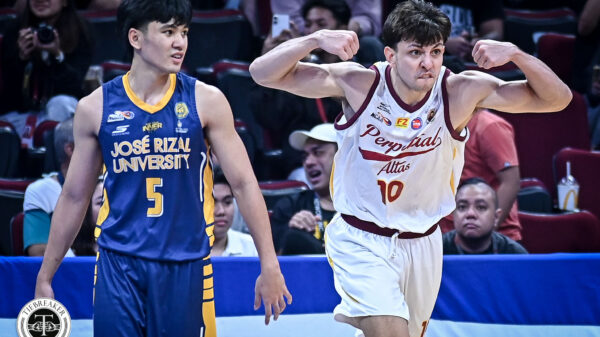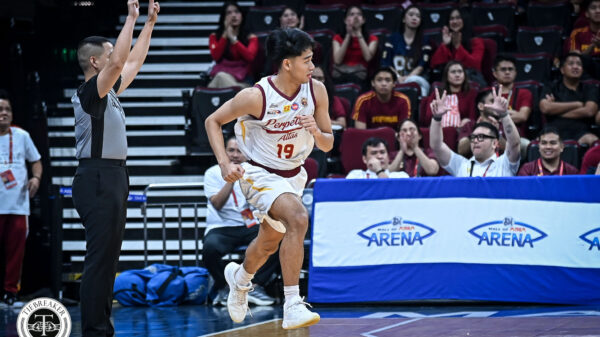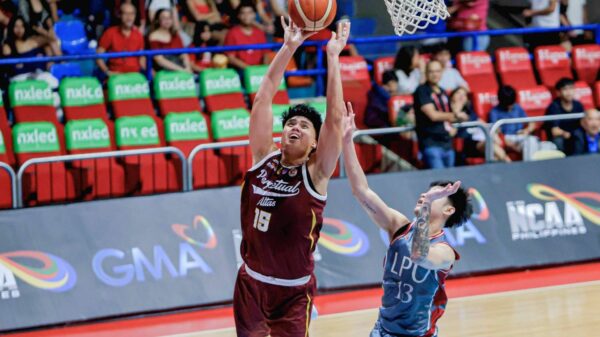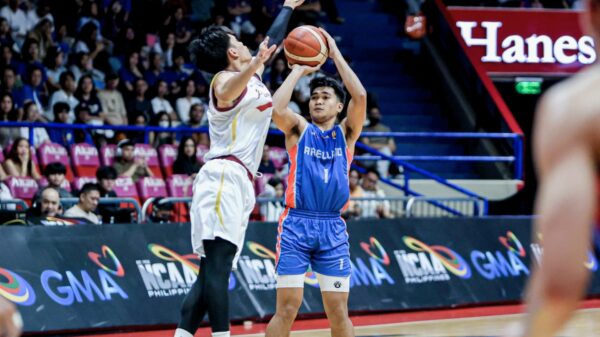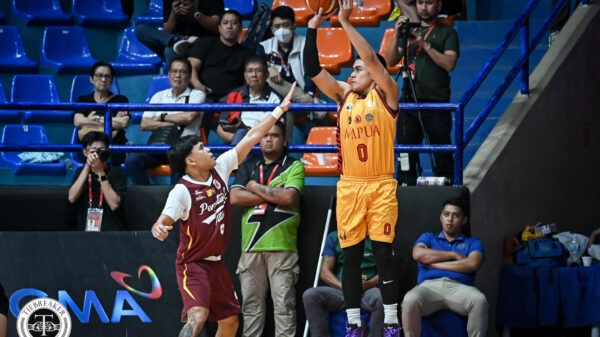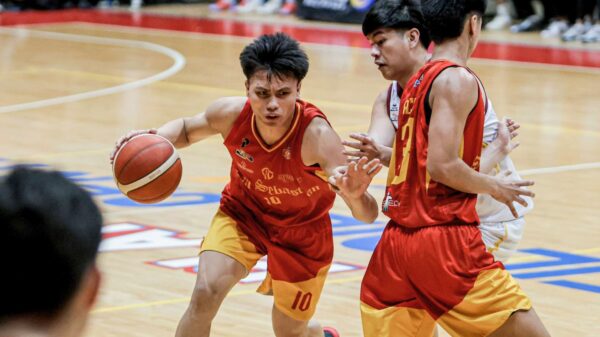The coronavirus (COVID-19) pandemic has dealt a death blow to many businesses.
From the smallest restaurant and bookstore to the biggest of companies, no one was spared — not even in sports. Athletics programs in some schools had to dissolve their teams — or worse, their sports programs — owing to lack of resources to sustain the allowances and school fees of their student-athletes, who now become collateral damage in this crisis.
And their coaches are also suffering.
Despite being a basketball-crazy country, in the Philippines, coaching is a job without the security of tenure. Retention in the profession is performance-based. As the old saying goes, in coaching, you are only as good as your last game or your last win.
In this crisis, we ask, why must coaches remain? Technological Institute of the Philippines coach and host of the Coach Potito Sessions Podcast, Coach Potit De Vera, said that as much as they want to be retained by their respective schools, “It still depends on the financial situation of their teams, better yet their schools. If their schools will be truly in financial distress, if they continue on with their spending for their school teams, then it makes no sense to continue on. The other schools have patrons, so in effect they really don’t spend, then those teams can continue on with their programs.
“But those patrons also have their limits. If COVID-19 forces sports to stop until the end of 2021, then it makes sense to stop everything first and find something else to do. Sports need funding to work, so at the end of the day, the better question we should ask is how can sports be funded if incomes of schools and organizations are now short or limited?”
On the other hand, Coach Ferdinand “Bong” Pascual of St. Jude Catholic School — another casualty of the dissolution of sports programs — pointed out several reasons why coaches must remain.
First, coaches are part of the school’s sports program; without them, there would be no one running the program of any sport. Some coaches must remain for future plans.
Second, he stressed that coaches are at once teachers, mentors, and guardians of every student-athlete in schools. The school should reevaluate the status of coaches and elevate them to the same employment of teachers, who are secured.
Third, like teachers, coaches do not only give their time to the student-athletes entrusted to their care; they also sacrifice time and effort in honing and building character, discipline, and skills in their players. They often even spend more time with these children than with their families.
Meanwhile, Far Eastern University Head Coach Olsen Racela maintained that despite the crisis, teaching and coaching never stops. “I take advantage of any situation where I can use it as a teaching moment. And I think that this pandemic is a very nice teaching point for players. Another thing is that this situation is also crucial because coaches prepare their players physically. ‘Yung iba sa kanila, medyo naguguluhan dahil sa nangyayari, they’re quarantined at home kaharap lang nila TV or their gadgets.
“So this is really a good opportunity to let them know that although we’re in a crisis, there’s a light at the end of the tunnel. And this crisis is also one way for coaches to be creative.”
Racela also revealed that he has been conducting online training sessions and seminars for his players, whom he grouped into different clusters. Guards had a webinar with LA Tenorio speaking about his experiences as a player; on the other hand, bigs had another webinar with Racela’s old San Miguel teammate and buddy Danny Ildefonso as sharer. There was also a session allocated for the foreign student-athletes and Filipino-Americans. Those formation programs will not be possible if not for a coach taking the helm.
For his part, Zach Huang of University of Santo Tomas said that cutting coaches at this time is ill-advised because of the severe impact on players, who depend on coaches to help maintain their game. Without them, the layoff will gravely affect the player’s conditioning and will affect their game in the long run.
On the other hand, EJ Laure concurred with Huang that coaches must remain in the midst of this pandemic, because the coaches are the ones checking on them and reminding them to be physically fit despite the suspension of several tournaments.
This pandemic has opened our eyes to the neglect that the coaching profession suffers. Many coaches are presently jobless and are trying to make both ends meet by engaging in online selling and other small scale businesses. We glorify coaches when they triumph. We put them in high regard and equate them as teachers. Now, we can and should upgrade the status of their profession and work, at the very least for the security of their jobs.
This is a significant issue that schools and organizations for coaches must look into in the near future. Coaches are humans too. They live beyond the trophies and accolades. They need to survive everyday beyond the game.


